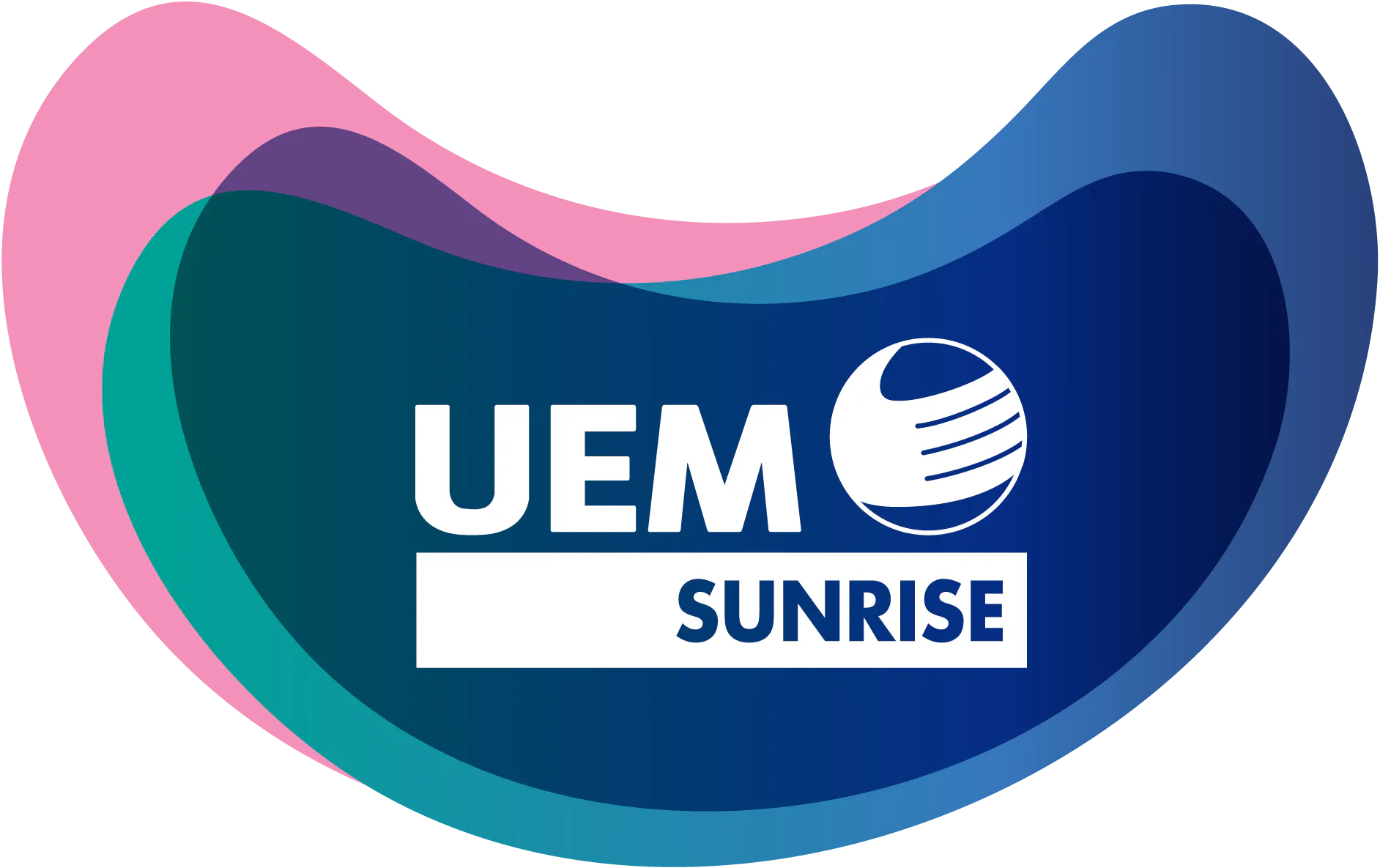Cover Story: Increased awareness of sustainability amid Covid-19

05 September 2021
For this year, it will be our mission to make a big push in institutionalising sustainability efforts with the appointment of subject matter experts and an expansion of the sustainability team, which will report directly to the CEO. This will solidify our commitment to ensuring that sustainability becomes a culture in the organisation, whereby day-to-day decisions and processes will involve considering the economic, social and environmental risks and opportunities.
Among the three pillars of sustainability (ESG) as assessed by FTSE Russel via the FTSE4Good Bursa Malaysia Index, we did best in governance. We received a full five marks in the pillar as a result of our efforts to be transparent and accountable.
At the same time, efforts are being made to improve our standing in the other two pillars — beginning with the social aspect, which is to establish a sustainable value chain within our business operations. To achieve this, we hope to encourage immediate stakeholders, including vendors and suppliers, to align their business aspirations with our sustainability objectives.
Secondly, we aim to ramp up efforts in managing the environmental impact of our business operations. We have started the process via the introduction of our own Product Development Sustainability Guide for Residential Developments last year. We want to implant a sustainability genomic trait in our future products by referring to this guide. We will also begin to consciously measure our impact, whether it is carbon footprint, material consumption or, ultimately, the life cycle impact of our projects.
Eventually, we target to seamlessly integrate sustainable processes within every point of our projects’ life cycle and other ancillary business procedures. For example, we estimate that we have reduced our total greenhouse gas emissions by 97%, or 2.7 tonnes CO2e, by having a virtual annual general meeting this year, compared to our last physical meet in 2019. Having this kind of data will help us make more informed decisions in the future.
For the environmental aspect, our flagship retail development, Publika Shopping Gallery, has teamed up with Kloth Malaysia — a Malaysian social entrepreneurship movement dedicated to keeping fabrics away from landfills through the circular economy business model — since 2020. The shopping mall is also working with ERTH (BlueBee Technologies), a social enterprise that focuses on electronic waste recycling. Through strategically placed bins in Publika, we have collected close to 205kg of fabrics from items such as clothes, bags and toys, as well as 250kg of e-waste such as bulbs, cables and batteries.
For the social aspect, UEM Sunrise has initiated a flagship programme known as BukuHub — a mini library or community reading space — with the intention of giving people easy access to books and offering them the opportunity to improve their lives through reading.
Since its establishment in 2019, UEM Sunrise has set up 11 BukuHub in our communities. The group has also adopted 21 schools under the Pintar School Adoption Programme — UEM Sunrise’s longest flagship programme — to help raise their academic performance. The programme has directly benefitted more than 100,000 students and teachers through education enhancement initiatives since it was launched in 2008.
We have also launched Publika Live, a placemaking initiative that prioritises showcasing local independent musicians who have been severely impacted by the Movement Control Order, and that maintains Publika as a community platform for engaging with performance and fine art.
The main challenge, which we believe is not exclusive to the company, is the varying understanding of the sustainability agenda. There is no denying that some form of awareness on sustainability exists in our society, but its concept and substance are still beyond the comprehension of most and this could deter, if not impede, any aspirations made with regard to sustainability.
Having a common benchmark to address the matter is vital to ensure the effectiveness of rolling out ESG initiatives. This can only be accomplished when everyone as well as our external stakeholders refers to the same sustainability playbook. Similarly, it is challenging to effectively measure the outcome of such efforts and the performance of products developed in line with the sustainability agenda. The idea here is to make adopting sustainability easy, which in turn creates a more lasting motivational drive when pursuing sustainable objectives, no matter how big or small.
More from Media Highlights

UEM Sunrise launches The Happy Chase 2021
08 September 2021









